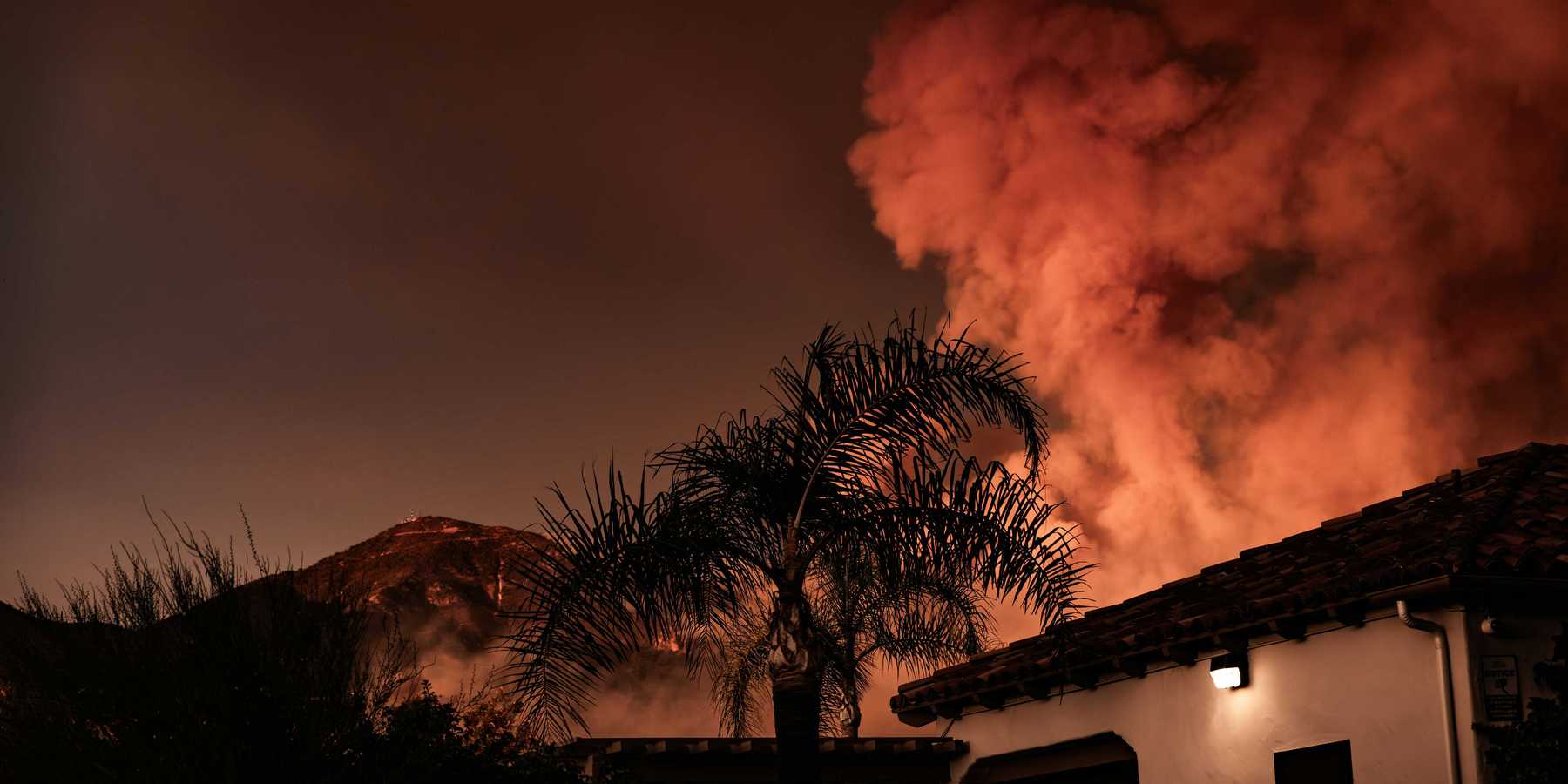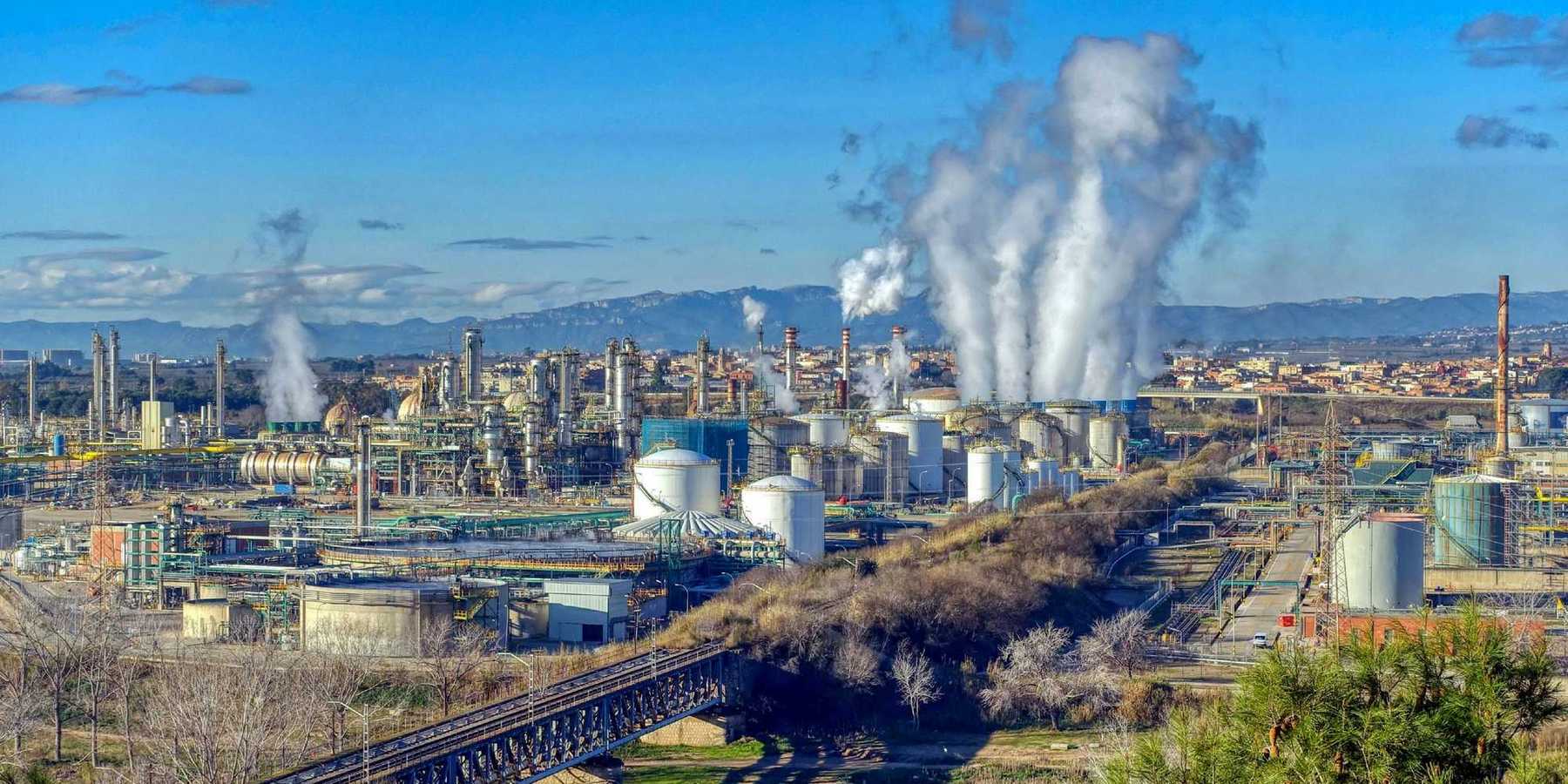Vice-presidential nominee Tim Walz's environmental stance, scrutinized
Minnesota Governor Tim Walz, now the Democratic vice-presidential nominee, faces criticism from environmentalists for his cautious approach to mining in the state, balancing economic development with environmental protection.
Hannah Northey reports for E&E News.
In short:
- Governor Tim Walz has been criticized for not taking decisive action against mining developments in Minnesota, despite being viewed as a climate champion. Concerns are raised about potential environmental damage from mining projects near critical watersheds.
- Walz is caught between promoting economic growth and securing resources for clean energy while protecting Minnesota's environment. He supports sustainable mining and maintaining a robust permitting process without overtly opposing mining interests.
- Environmental groups express disappointment in Walz's defense of mining permits and call for stronger regulations, while mining companies and unions see him as pragmatic and supportive of job creation.
Key quote:
“On many issues, he’s been very strong for the environment, but on this one, he’s been on the sidelines.”
— Chris Knopf, executive director, Friends of the Boundary Waters Wilderness.
Why this matters:
Minnesota's untapped nickel and copper deposits are vital for clean energy technology. As demand for these metals grows, the state’s mining policies are under scrutiny for their potential environmental impacts, including water pollution and habitat disruption, and their economic implications for local communities and the broader region.
Related: Tim Walz’s energy record sparks debate on environmental policies













